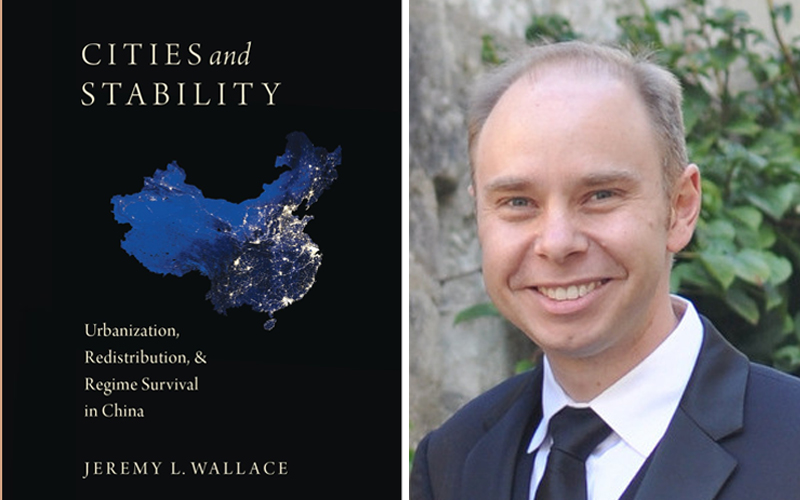Wednesday, December 17, 2014 | 5:30 PM EST - 5:30 PM EST
The Henry Luce Foundation |, New York, NY
China’s management of urbanization is an under-appreciated factor in the regime’s longevity. The Chinese Communist Party fears the emergence of highly unequal megacities with their attendant slums and social unrest, as has occurred in many cities around the world, because such cities might threaten the survival of the regime. To combat the threat, many regimes, including China’s, adopt policies that favor cities. Cities and Stability shows this “urban bias” to be a Faustian bargain: cities may be stabilized for a time, but the massive in-migration from the countryside that results can generate the conditions for political unrest.
At a National Committee program on Wednesday, December 17, 2014, Dr. Jeremy Wallace discussed his new book Cities and Stability.
Jeremy Wallace
Jeremy Wallace is an assistant professor of political science at The Ohio State University. His research focuses on authoritarian regime survival and how such regimes—particularly China’s—grapple with threats. His first book, Cities and Stability: Urbanization, Redistribution, and Regime Survival in China, explores the dangers that cities pose to authoritarian stability and how regime responses to these threats can be undermining.
Professor Wallace is currently working on projects related to the information-gathering mechanisms of the Chinese regime and connecting their evolution to the current anti-corruption campaign. He explores information’s political role to understand how regimes manage their agents and how information collection systems shape the political terrain.
Dr. Wallace received his B.A. from Indiana University and his Ph.D. from Stanford.
